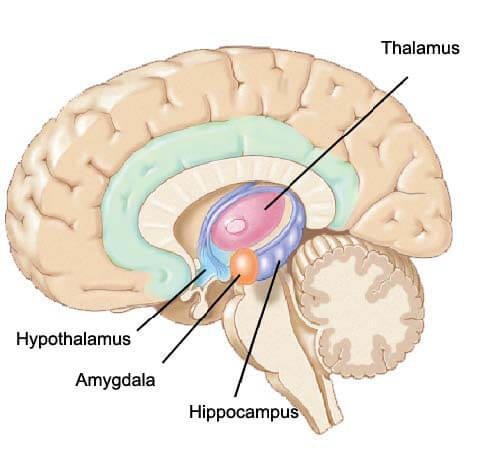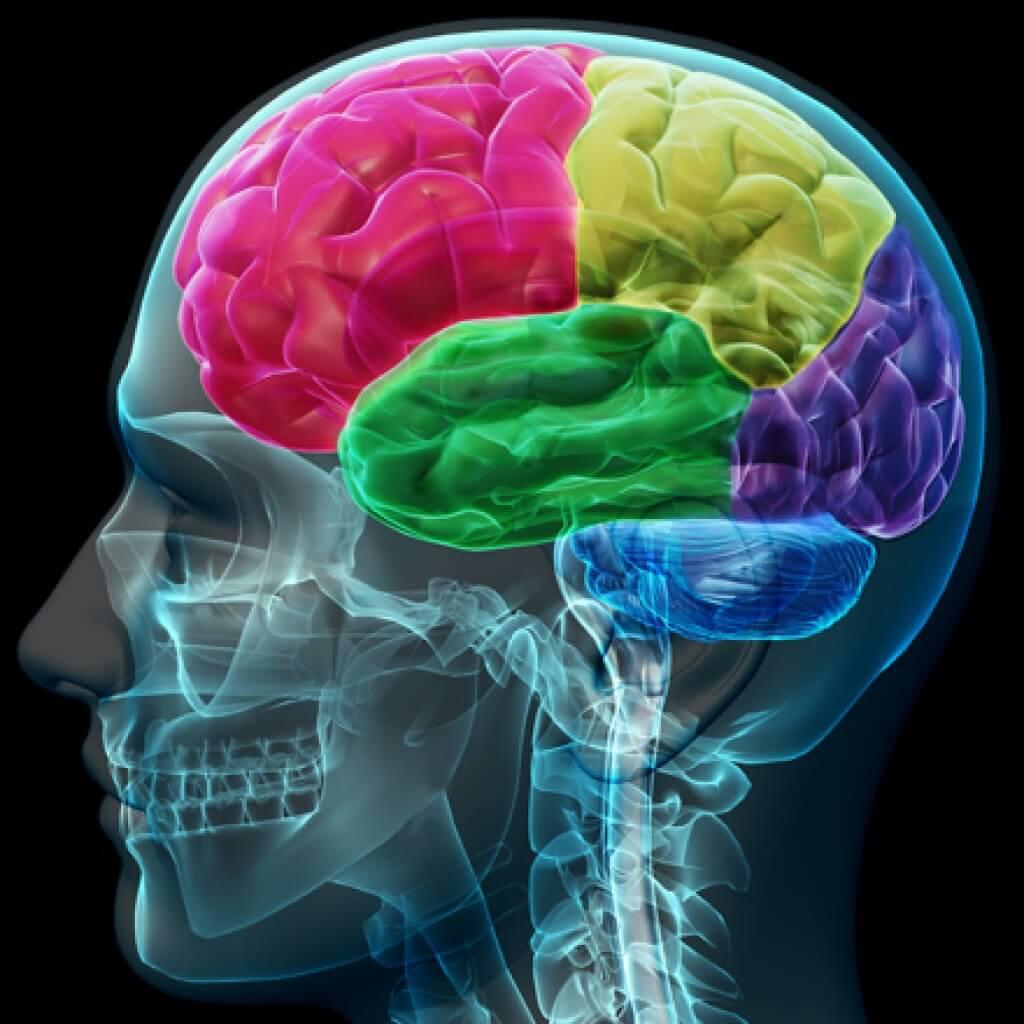The Neurological/Psychological Benefits of Running

If running has ever been a part of your exercise routine, you’ve probably noticed that it has an impact on how you think and feel. Running can clear your thoughts and reduce stress, as well as improve your mood and sleep habits. It is often associated with a healthy lifestyle, but the reality of its impact is more complicated, in a beneficial way, than you might have realized.

The neurological advantages of running have been a subject of study for many years, yet researchers are still trying to understand how such a simple activity can profoundly improve our brain chemistry. Most importantly, it stimulates the development of new neurons from preexisting brain cells in a process called neurogenesis. This transformation occurs in the hippocampus, a section of the cerebral cortex associated with memory and the ability to learn new skills. Growth in the hippocampus can even mean a rise in your IQ, as many aspects correlated with intelligence are positively affected. When you run, you aren’t just helping your mind to work better, you’re physically changing it, allowing for increased strength and efficiency.

In addition to helping the brain to grow, exercise also protects it from age-related shrinkage. As we get older, the pathways between neurons begin to degrade, damaging focus and memory. Even the neurons themselves are at risk, but activities like running can protect and rebuild brain cells and the connections between them. This is part of neuroplasticity, or the brain’s capability to change itself throughout your entire lifespan. Your mind is not set in childhood, as scientists once believed, but is instead constantly changing in response to its environment. It is never too late to begin making healthier choices, as your ability to change your brain has no expiration date.
Read also about classic running shoes.

Another reason for these cognitive boosts is that exercise promotes greater blood flow to the brain. When it receives an increase in blood, it is also flooded with extra nutrition and oxygen. The brain requires more energy than any other organ in the body, and aerobic activity can help ensure that it is able to access the resources necessary to function properly. It is no coincidence that people with low blood oxygen levels experience difficulty with memory and the characteristic “brain fog”, as they are being deprived of the required sources for healthy brain performance. Good circulation is necessary for health and productivity, but it is another bodily process that suffers with age. Running can, once again, provide the anti-aging support you need to protect yourself. There is no upper limit to the benefits of increased blood flow, so the more, the better.
If you choose to run outside in the daylight, that can help even more. Regular exposure to natural light is a great way to keep your circadian rhythm, or internal body clock, working efficiently. Your entire body relies on this clock to coordinate various functions such as hormone production, body temperature, and metabolism. The most obvious example of this is the sleep/wake cycle, which is largely dependent on the release of melatonin, the hormone responsible for causing sleepiness. Exercise plays a role in the circadian rhythm as well, and a sedentary lifestyle can cause it to become disrupted. People who make the time to work out can expect a better relationship with sleep, healthier metabolic processes, and more alertness during the day. Since the majority of us suffer from sleep deprivation on a regular basis, worsened by the influx of artificial light from phones, tablets, and other devices, it is important to remember that lifestyle factors can mean the difference between a body that is in sync with itself and one that is off balance. A daily run can be an easy way to keep this rhythm steady over time.

The hormonal effects from running can also offer tremendous support toward your mental health. Exercise releases endorphins, which can do wonders for your mood, as well as act as a natural pain reliever. It releases serotonin and dopamine, both of which contribute to feelings of happiness and pleasure. While providing more of the chemicals that improve emotional well-being, it decreases the ones associated with anxiety. Cortisol, the stress hormone, can be suppressed just by moving your body, as can adrenaline, whose effects include stress, shakiness, and elevated heart rate. In short, running is one of the best things you can do to take control of your mental health and build a positive mindset.
Everyone knows that exercise is great for the body, but the benefits it provides for the brain may be an even greater motivation to get out and hit the pavement. From better learning and memory skills to reversing the deleterious effects of aging, it strengthens the physical connections of brain cells. Better blood flow promotes the circulation of oxygen, which fights fatigue and other thinking problems. Running allows the right amount of hormones to be released, and at the proper times throughout the day, making you alert and productive at work, and ready to sleep after the sun sets. It even helps to heal the imbalances that can cause mood disorders and other threats to your emotional health. So go ahead and get out there, and remember that you aren’t just building a stronger body, you’re also building a self-healing and powerful mind.
Latest Articles
 Is Running on a Treadmill Easier Than Running Outside?Runners have their own preferences, whether it is treadmill running, running outside on the road, or exploring trails. So...
Is Running on a Treadmill Easier Than Running Outside?Runners have their own preferences, whether it is treadmill running, running outside on the road, or exploring trails. So... Is It OK to Use Trail Running Shoes on the Road?While trail running shoes can be used on roads, especially in situations where a runner encounters mixed terrains or pref...
Is It OK to Use Trail Running Shoes on the Road?While trail running shoes can be used on roads, especially in situations where a runner encounters mixed terrains or pref... How to Fix Sore Quads After Running?Rest, ice, gentle stretching, and over-the-counter pain relievers can help soothe sore quads after running. Also, ensure ...
How to Fix Sore Quads After Running?Rest, ice, gentle stretching, and over-the-counter pain relievers can help soothe sore quads after running. Also, ensure ... 10 Fruits With The Most Electrolytes to Replace Sports DrinksThese fruits are high in electrolytes such as potassium, magnesium, and calcium, essential for hydration, muscle function...
10 Fruits With The Most Electrolytes to Replace Sports DrinksThese fruits are high in electrolytes such as potassium, magnesium, and calcium, essential for hydration, muscle function...

